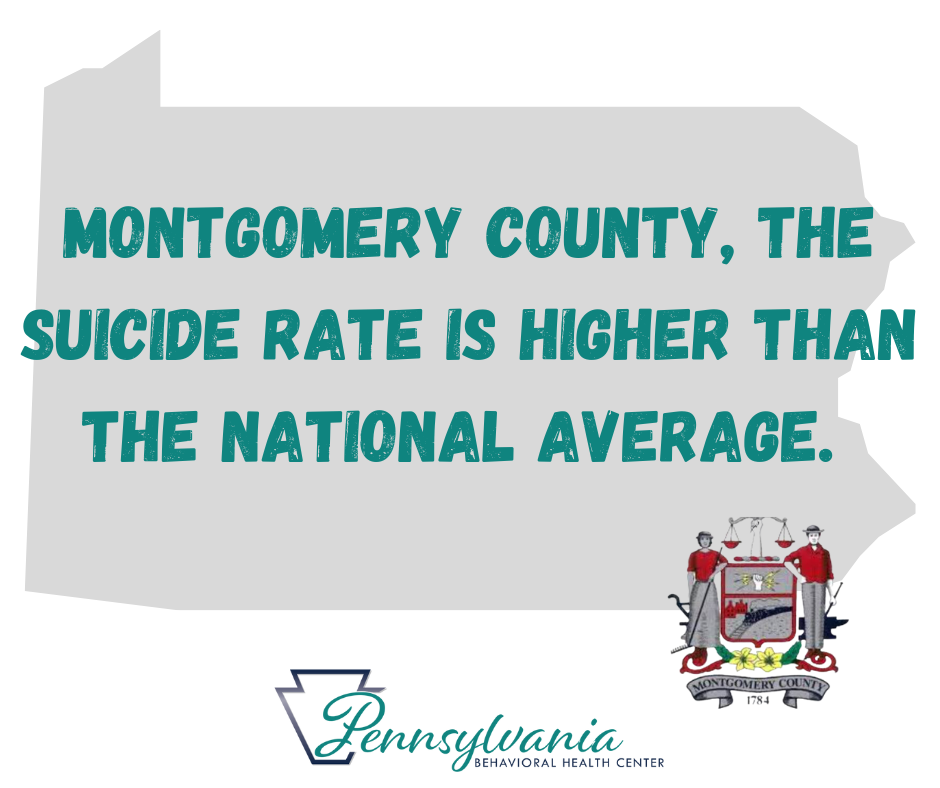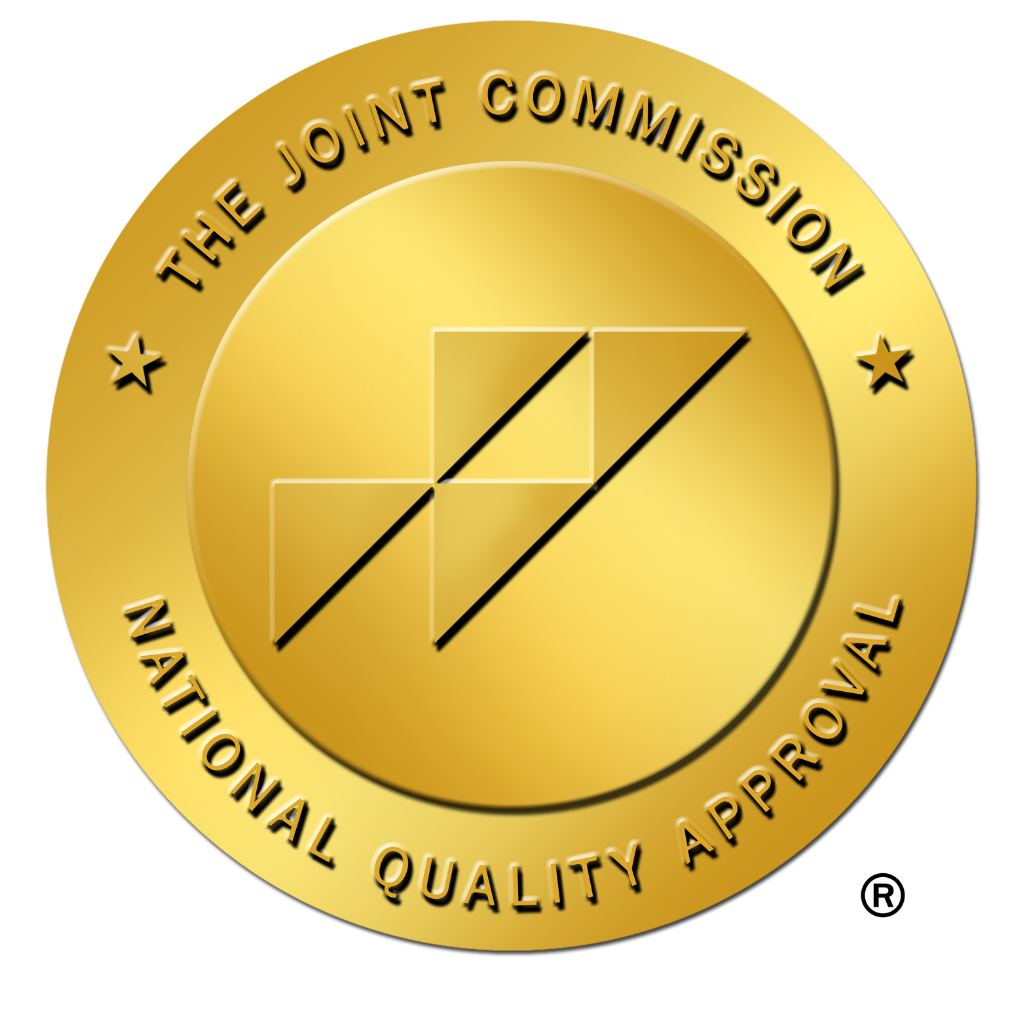Mental Health Treatment in Lower Merion | Montgomery County

Mental Health Treatment Lower Merion
Lower Merion is a township located in Montgomery County, Pennsylvania. With a population of over 58,000 people, it is one of the most affluent suburbs of Philadelphia. Lower Merion offers access to many mental health resources for residents who need support.
Geographically, Lower Merion is located on the Main Line, a collection of affluent suburbs of Philadelphia known for their historic homes, prestigious schools, and high quality of life. Major companies in the area include the Vanguard Group, Comcast, and Siemens Healthcare Diagnostics. These companies provide jobs and economic opportunities for residents of Lower Merion, but they also contribute to the high-stress environment that can lead to mental health issues.
Mental Health Statistics in Lower Merion
Statistics:
- According to the National Alliance on Mental Illness (NAMI), approximately 1 in 5 adults in the United States experience mental illness in a given year. (Source: NAMI)
- In Montgomery County, 12% of adults reported experiencing a mental health condition in the past year. (Source: County Health Rankings & Roadmaps)
- Suicide is the 10th leading cause of death in the United States, and in Montgomery County, the suicide rate is higher than the national average. (Source: Montgomery County, PA)
Mental Health Treatment Options in Montgomery County
Lower Merion offers a range of mental health treatment options for residents who may be struggling with mental health conditions. These options vary in terms of level of care, intensity, and duration of treatment, and can be tailored to meet the specific needs of each individual.
Counseling and Therapy: Counseling and therapy services are a common and accessible form of mental health treatment in Lower Merion. These services can be provided by licensed mental health professionals, such as therapists, social workers, or psychologists, and can be delivered in individual, group, or family settings. Counseling and therapy can be useful for a range of mental health conditions, including anxiety, depression, and trauma. There are many clinics and private practices that offer counseling and therapy services in Lower Merion, including Main Line Counseling Partners and The Center for Growth.
Medication Management: For some mental health conditions, medication can be a helpful tool in managing symptoms. Medication management involves working with a psychiatrist or other mental health provider to determine the most effective medication and dosage for the individual. This type of treatment can be offered on an outpatient basis, and can be combined with other forms of therapy to provide a comprehensive approach to treatment. Some facilities that offer medication management in Lower Merion include the Belmont Center for Comprehensive Treatment and Jefferson University Hospital’s Department of Psychiatry and Human Behavior.
Intensive Outpatient Programs (IOP): Intensive Outpatient Programs (IOPs) are designed for individuals who require more structured and intensive mental health treatment than traditional outpatient therapy. IOPs typically involve a combination of individual and group therapy, medication management, and other supportive services. IOPs can be particularly useful for individuals with moderate to severe mental health conditions, such as substance abuse, eating disorders, or mood disorders. Some facilities that offer IOPs in Lower Merion include Pennsylvania Behavioral Health Center, The Renfrew Center and The Center for Neuropsychology and Counseling.
Partial Hospitalization Programs (PHP): Partial Hospitalization Programs (PHPs) provide a higher level of care than IOPs and can be useful for individuals with more severe or complex mental health conditions. PHPs typically involve daily treatment sessions, which can include individual and group therapy, medication management, and other supportive services. PHPs can be particularly helpful for individuals who require intensive support but do not need to be hospitalized. Some facilities that offer PHPs in Lower Merion include Pennsylvania Behavioral Health Center, Belmont Center for Comprehensive Treatment and Belmont Behavioral Health.
Inpatient Hospitalization: In some cases, individuals may require inpatient hospitalization for their mental health condition. This level of care is reserved for individuals who are experiencing severe symptoms that require 24-hour monitoring and support. Inpatient hospitalization can be helpful for individuals with acute mental health conditions, such as suicidal ideation, severe depression, or psychosis. Some facilities that offer inpatient hospitalization in the Lower Merion area include Belmont Behavioral Health and Friends Hospital.
Overall, there are many mental health treatment options available in Lower Merion
Common Mental Health Disorders in Lower Merion
Mental health disorders are common in Lower Merion, as they are throughout the United States. Below are some of the most common mental health disorders in the area, along with the therapeutic modalities and medications that are commonly used to treat them.
Anxiety Disorders: Anxiety disorders are among the most common mental health disorders in Lower Merion, affecting approximately 18% of the population. These disorders are characterized by persistent and excessive worry, fear, and nervousness, and can significantly impact a person’s quality of life. Therapeutic modalities used to treat anxiety disorders may include cognitive-behavioral therapy (CBT), exposure therapy, and relaxation techniques. Medications that may be used to treat anxiety disorders include benzodiazepines, such as Xanax and Valium, and selective serotonin reuptake inhibitors (SSRIs), such as Prozac and Zoloft.
Depression: Depression is a common mental health disorder that affects approximately 7% of the population in Lower Merion. This disorder is characterized by persistent feelings of sadness, hopelessness, and worthlessness, and can interfere with daily activities and relationships. Therapeutic modalities used to treat depression may include CBT, interpersonal therapy (IPT), and psychodynamic therapy. Medications that may be used to treat depression include SSRIs, such as Prozac and Zoloft, and serotonin-norepinephrine reuptake inhibitors (SNRIs), such as Effexor and Cymbalta.
Bipolar Disorder: Bipolar disorder is a mood disorder that affects approximately 2% of the population in Lower Merion. This disorder is characterized by episodes of mania and depression, and can significantly impact a person’s functioning and relationships. Therapeutic modalities used to treat bipolar disorder may include CBT, family-focused therapy, and psychodynamic therapy. Medications that may be used to treat bipolar disorder include mood stabilizers, such as lithium and valproic acid, and antipsychotic medications, such as risperidone and olanzapine.
Attention Deficit Hyperactivity Disorder (ADHD): ADHD is a neurodevelopmental disorder that affects approximately 5% of the population in Lower Merion. This disorder is characterized by symptoms of inattention, hyperactivity, and impulsivity, and can significantly impact a person’s ability to function at home, school, or work. Therapeutic modalities used to treat ADHD may include behavioral therapy, parent training, and coaching. Medications that may be used to treat ADHD include stimulant medications, such as Adderall and Ritalin, and non-stimulant medications, such as Strattera and Intuniv.
Eating Disorders: Eating disorders, such as anorexia nervosa, bulimia nervosa, and binge-eating disorder, affect approximately 1% of the population in Lower Merion. These disorders are characterized by disordered eating patterns and distorted body image, and can significantly impact a person’s physical and emotional health. Therapeutic modalities used to treat eating disorders may include cognitive-behavioral therapy (CBT), family-based therapy (FBT), and dialectical behavior therapy (DBT). Medications are generally not used as a primary treatment for eating disorders, but may be used to address specific symptoms, such as anxiety or depression.
It is important to note that the treatment of mental health disorders is highly individualized, and may involve a combination of therapeutic modalities and medications. By working with a mental health professional, individuals in Lower Merion can access the treatment and support they need to manage their mental health conditions and improve their quality of life.

Mental Health Hotlines in Lower Merion
- Montgomery County Emergency Service – (610) 279-6100
- Crisis Text Line – Text “PA” to 741-741
- National Suicide Prevention Lifeline – 1-800-273-TALK (1-800-273-8255)
- Montgomery County Mobile Crisis Support – (855) 634-4673
- ChildLine – 1-800-932-0313
- Montgomery County Warm Line – (866) 202-HELP (4357)
- Pennsylvania Behavioral Health Center – 610-563-2752

